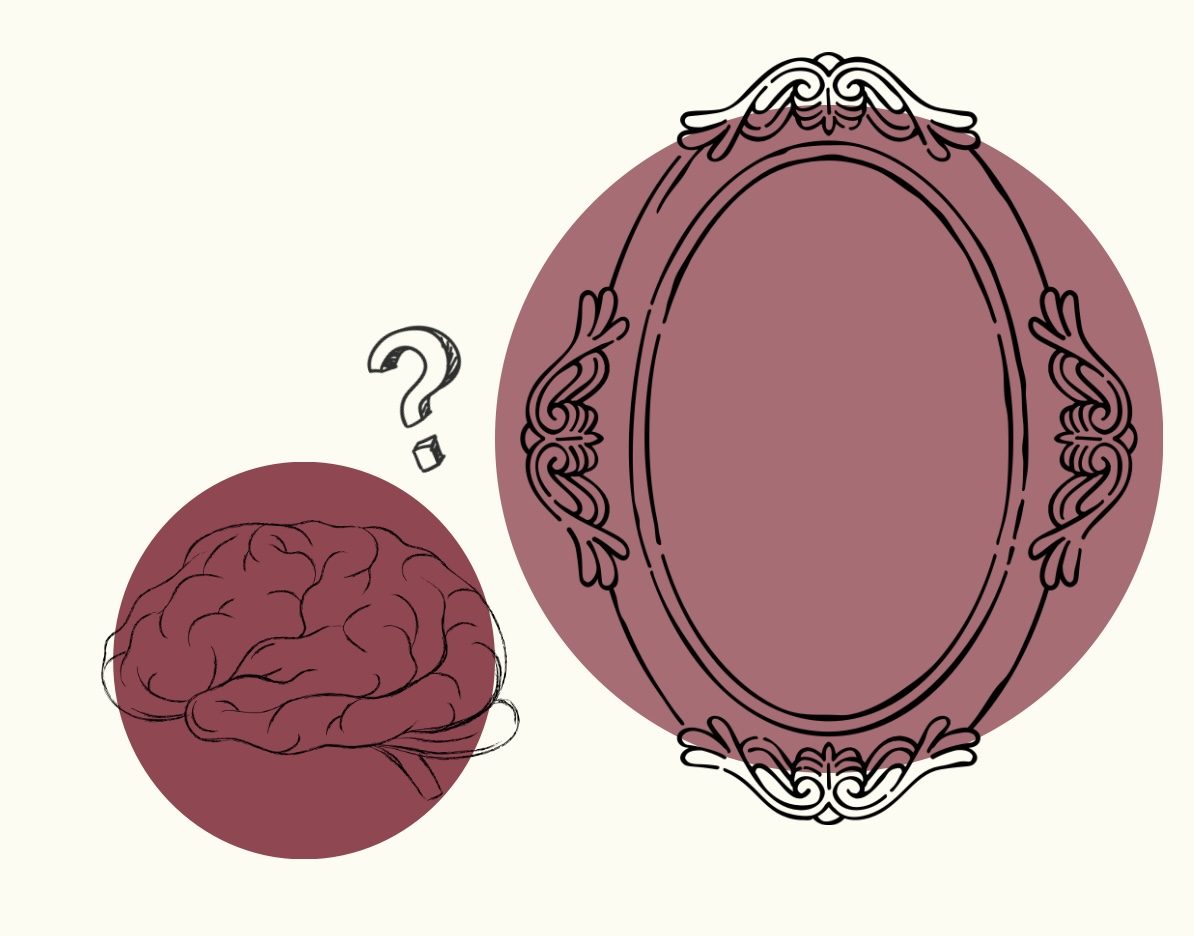By Tyler Minnich
1.
With any method of doubt I conduct comes the acknowledgement that I cannot doubt that doubting takes place: I doubt, therefore I doubt–tautology for the subject ‘I’.
2.
In his Meditations, Descartes begins the first argument for the existence of God with the proposition that something cannot come from nothing; the argument concludes that the idea of God thought by ‘I’ must come from God–but from what the idea of nothing? I ought to ask myself: can nothing come from something? Can I comprehend nothingness? Surely, no mortal can speak on the concept of nothing, on the cause beyond everything; ultimate causes are the concern of natural science: “they shall obey the laws of the universe,” we regard.
3.
Maybe perfection includes existence, but can I actually conceive of a perfect being?–is the proposition not just the perfect clue for a madman: the god among men?
4.
I have never attended church myself, but I have had the opportunity to listen in on a certain type of rhetoric that was used to sway the hearts of those wretched devotees. I eavesdropped on the sermon through an empty conch shell: the mass that was once home to intelligent life could now only echo the tides of hysteria–the waves rose exclusively by means of cunning but fell into gracious applause. And suddenly, one of the waves had crashed onto my backside, as I felt a peculiar second-hand embarrassment wash over my conscience–what do I know!–surely then I would be hysteric if I thought the ocean lay inside a conch shell…
5.
The mathematician Paul Erdős would allude to a work he called “The Book”, God’s encyclopaedia of the best and most elegant proofs for mathematical theorems. So then, if I am to write a work of philosophy, should I entertain the idea of God’s perfect answer to the question of the meaning of being?
6.
Perhaps this is the symptom of a failed education, but while taking exams I had often imagined what it would be like for all the correct answers to become apparent before my eyes without any work put in: when I am not focused on the questions, I tend to dwell on the fact that my grade is simply the result of which answers that I end up choosing–if only I had the Ouija!
My dwelling cannot be classified as pure inaction, for such a distinction relates to the binary opposition between an action and the negation of the action (the negation of the action remains an action)–all is action. Action is the manifestation of will. The writer’s block that impedes my philosophical project, still too, an exercise of my will to truth–but I need not forget the third fundamental principle: action = distraction… I speak of my will as if I understand it, but never will I become free from the direction of the will itself–any self-assertion of my will effectively participates in a presumptuous definition of ‘I’.
7.
Philosophy consists of propositions and questions begging for proposition–all distractions of the philosopher’s consciousness. In recognition of his bounds, the philosopher is permitted to become self-conscious: his thinking grinds to a halt, his focus narrows and he dwells on propositions with enough contempt to wallow in their tautological assertion–the catharsis of his questioning.
Propositions that describe experience transcendent of consciousness are hysterical to the philosopher–patience remains rewarded, his laughter supreme.
8.
Even in dreams, the philosopher does not rest.
I had a dream one night (please excuse my prose, for I cannot remember all the details), which began with myself standing in the corner of a pitch-black room. I let my eyes adjust to the darkness enough to attain a general depth perception. In the center of the room was a bed with someone sat up against the headboard–I inched toward it; and although I could only make out the silhouette of a man with a distinguished mullet, by the time I stood at the foot of the bed, I somehow became aware of who lied there, and also where and when I was located.
Then I crossed my arms and chirped: “les femmes, ai-je raison?” No response–he lied completely still. I went on with my quip anyway: “la vérité est une femme, après tout…… quelle honte, je sais!”
After another moment of silence, I put my arms down and looked around the room awkwardly. I saw curtains to my left, so I shuffled over and opened them.
It was snowing. Moonlight reflected off the white carpet over the street below–it bounced up and scattered across the falling crystals, giving the night sky a soft illumination. I spaced out for a while.
Eventually, I became focused on my own reflection in the window, which prompted me to turn around and–
